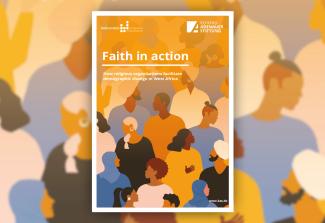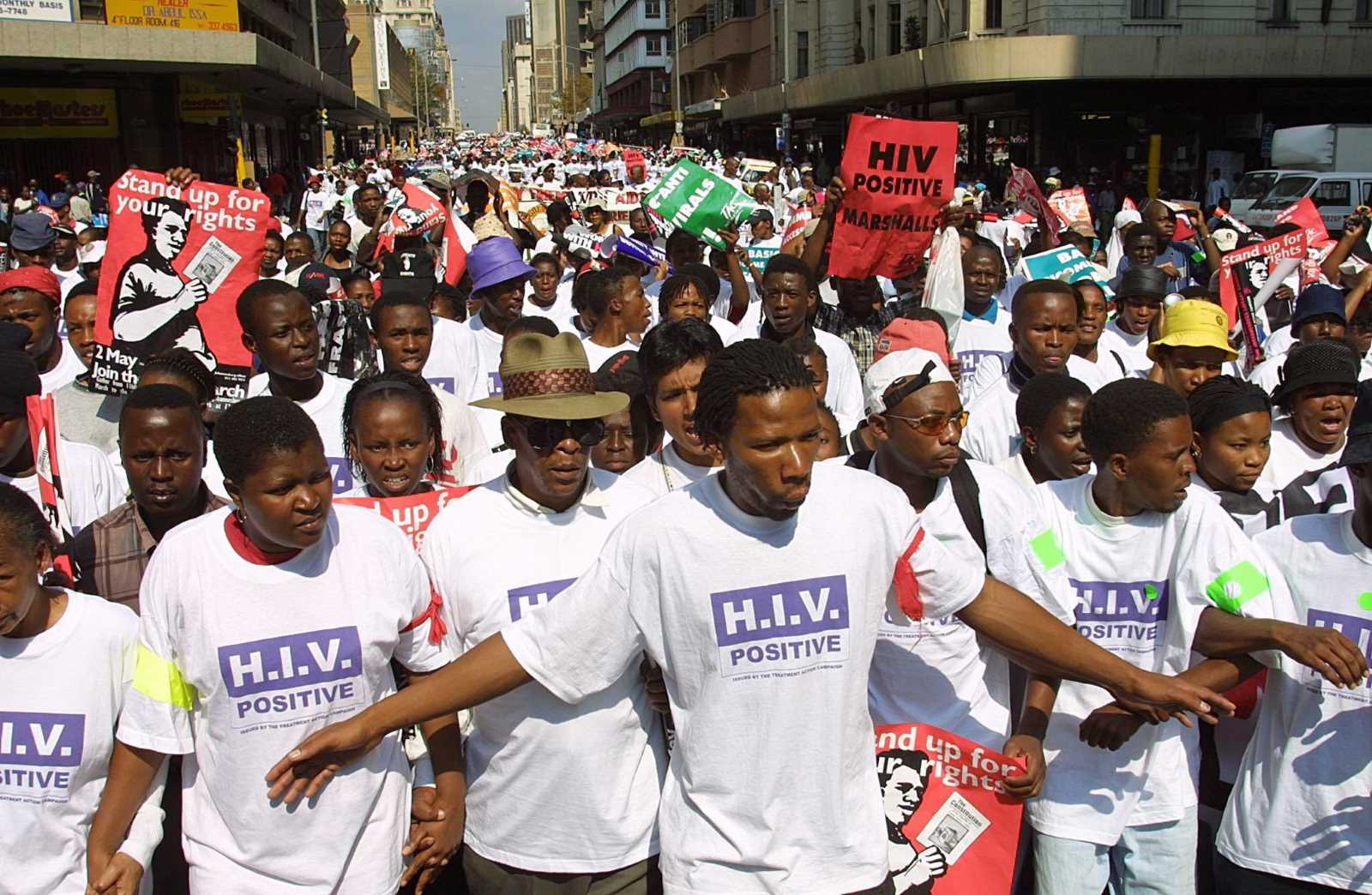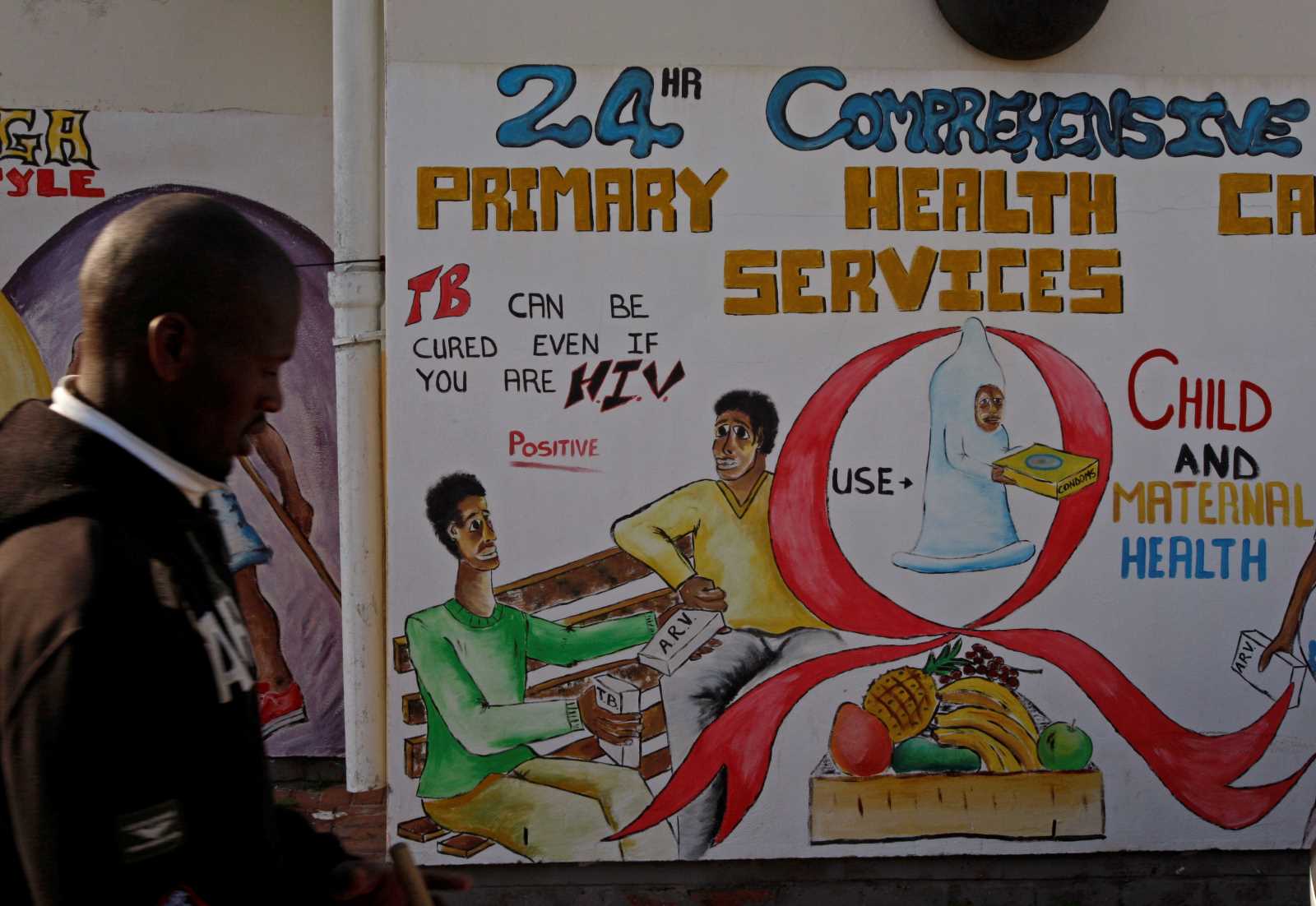Patriarchal attitudes
How family planning sometimes depends on church or mosque

On behalf of Konrad-Adenauer-Stiftung (KAS), which is affiliated to Germany’s Christian Democrats, the Berlin Institute for Population and Development has assessed what influence religious communities have on population growth in West Africa. The two institutions jointly published the study on the matter in 2022. It pays particular attention to Christianity and Islam, the religions with the largest followers in the region. The authors state that early motherhood and large numbers of children coincide with traditional religious thinking.
Change is possible, however. Indeed, African birth rates are declining, though not as fast as they did earlier in other world regions. Faith leaders, according to KAS and Berlin Institute, can help to accelerate it.
According to the publication, family planning, gender equity and the formal education of girls are important tools for reducing birth rates in West Africa long-term. Women’s status in society has a bearing on how many children they have – and at what age they have them. In patriarchal settings, motherhood tends to be the only role women are expected to fulfil. Many girls are only sent to primary school if they get formal education at all. That is no foundation for personal independence. Moreover, contraceptives are often rejected as a matter of principle.
Secular organisations struggle to challenge deeply entrenched faith doctrines, so traditional thinking prevails. KAS and Berlin Institute point out that believers often fear that secular initiatives want to undermine their faith.
Holy Scriptures
It therefore matters very much what religious leaders preach. The authors insist that theological reasoning is essential for achieving more gender justice, better family planning and lower birth rates. Faith leaders are in a position to question long-standing attitudes. They can interpret the Bible or the Koran in terms of gender justice. They can point out that the Holy Scriptures do not forbid family planning. People listen to them when they reject conventional gender stereotypes and demand that girls be educated. Faith leaders can even talk about sex with young people and encourage them to use contraceptives. What they say has an impact on parents as well as policymakers moreover.
According to the publication, the Sultan of Sokoto is a good example. As the leader of about 90 million Nigerian Muslims, he has spoken out in favour of girls’ education. Moreover, he has told imams to do so too. He also wants them to do their best to convince sceptical parents and tradition-minded politicians. He launched the pan-African Keeping Girls in School Conference in 2019, convening Islamic and Christian leaders as well as representatives of indigenous belief systems, politics and international agencies.
KAS and Berlin Institute similarly praise the Ouagadougou Partnership. It has been promoting the use of contraceptives in cooperation with leaders of all religions since 2011. A progressive alliance of faith leaders has thus emerged in francophone West Africa.
Exchange of faith leaders across regions and countries is essential, the study states. Experience must be shared, doubting peers can be convinced and progressive leaders appreciate encouragement. For these reasons, networks like Faith to Action are said to be quite valuable. It links West African faith leaders to secular organisations and facilitates the drafting of shared strategies. All too often, faith communities and their leaders still lack the resources they would need to implement change, for example, by building schools, the authors argue.
More generally, they want governmental development programmes to involve faith leaders more actively and consistently. Doing so would not only improve people’s livelihoods. It would also help to reduce West African birth rates faster.
Link
Berlin Institute for Population and Development and Konrad-Adenauer-Stiftung, 2022: Faith in action. How religious organisations facilitate demographic change in West Africa.
https://www.kas.de/documents/261825/16928652/Faith+in+action.pdf/6a240161-325d-22ce-734f-03e0c91ae3ba?version=1.0&t=1663164728458
Leon Kirschgens is a freelance journalist based in Aachen.
leon@kirschgens.de













